Experts Recommend OT Commentaries: Ruth
Dr. Jennifer Matheny on Ruth
OT Commentary Recommendations: Rebooted!
A handful of years ago, I had a blog series where I asked OT experts to weigh in on their recommendations for OT commentaries. For one reason or another (during the pandemic), I left the series incomplete, and lately I have been motivated to do a reboot! So, for a while we will repost the originals (we had gotten through Psalms), and then add brand new ones to complete the series. So, to be clear, if you followed the old series, you will notice we are reposting them with slight updates and modifications to fit Substack.
Experts Recommend OT Commentaries: Ruth (Dr. Jennifer Matheny)
Today’s guest post comes from Dr. Jennifer M. Matheny (Truett Seminary, Baylor University). Matheny has published numerous academic essays on Ruth and recently wrote “Ruth in Recent Research” for Currents in Biblical Research. She published a book in 2022 entitled Judges 19–21 and Ruth: Canon as a Voice of Answerability. Biblical Interpretation Series. Leiden: Brill, 2022. So happy she could lend her expertise on Ruth commentaries.
Commentaries on Ruth
Technical
Robert L. Hubbard Jr. (NICOT):
Hubbard’s volume on Ruth is an enduring classic. It is well written with careful attention to lexical details, canonicity, historical background, literary analysis, themes, and theological interpretations of the book of Ruth.
This commentary has been a staple in my research. I told Bob [Hubbard] his commentary was my ‘bread and butter’ while writing my dissertation!
Jeremy Schipper (AB)
Schipper offers a new translation of Ruth, attentive to linguistic and literary features, historical background, and reception history. Some critical topics in biblical studies addressed in this commentary include ethnicity, exogamy, gender, ability/disability, power dynamics, impoverishment, divine activity, and sexual desire.
Semi-Technical
Kandy Queen-Sutherland (Smyth & Helwys)
This commentary is beautifully written and well organized with a methodological focus on intertextuality. The introduction gives attention to Ruth and Esther in the Megillot, text-critical issues, possible genre designations, and details its canonical history. This commentary highlights connections with indigenous readings of Ruth, along with Ruth’s reception history in film, literature, and art.
Daniel Hawk (Apollos)
Hawk addresses important topics such as genre, ethnicity, exogamy, gender, social class, and sexual ambiguity, composition of the text, and the theology of Ruth. One of the main strengths of this volume is Hawk’s exposition of the text and its connection and application to contemporary contexts (e.g., demonstrating God’s ḥesed to the marginalized). This is an excellent resource for pastors, teachers, and students.
Tod Linafelt (Berit Olam)
Tod Linafelt focuses on a literary approach to the book of Ruth. This commentary offers an innovative exploration of irony, characterization, intentional ambiguity in the syntax and grammar, issues of identity, and belonging.
Non-Technical
Judy Fentress-Williams (Abingdon)
Fentress-Williams approaches Ruth as a dialogic comedy through a Bakhtinian lens. Each chapter offers brief and accessible analysis of the literary, exegetical, and theological implications of each chapter in the book of Ruth. I am a Mikhail M. Bakhtin fan so this commentary was an immediate favorite for my collection.
Thanks, Dr. Matheny!
Since Matheny’s original version of this post, a major new commentary from the NICOT has come out on Ruth, take note:



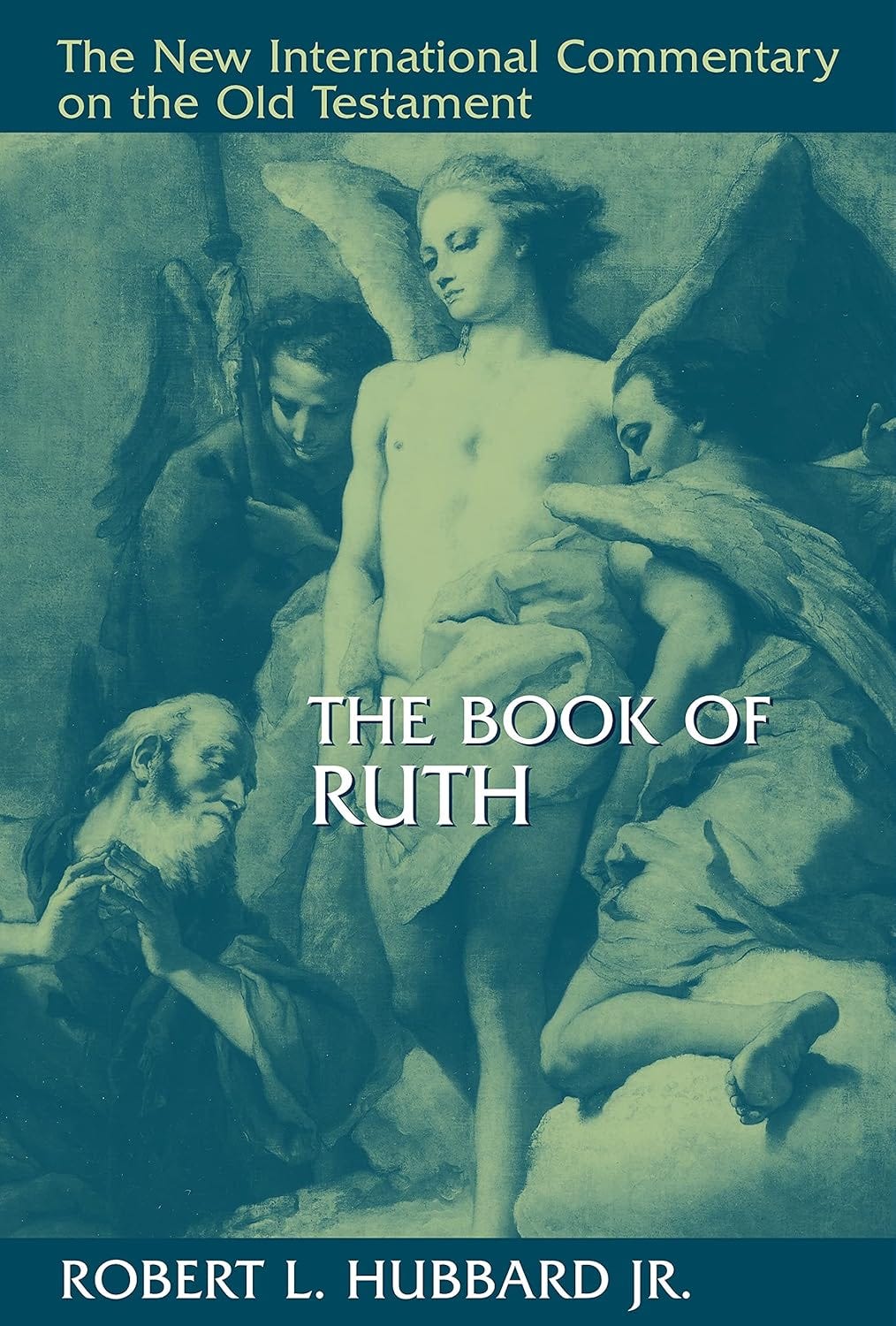


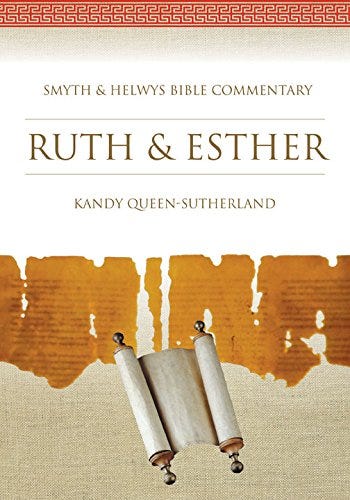
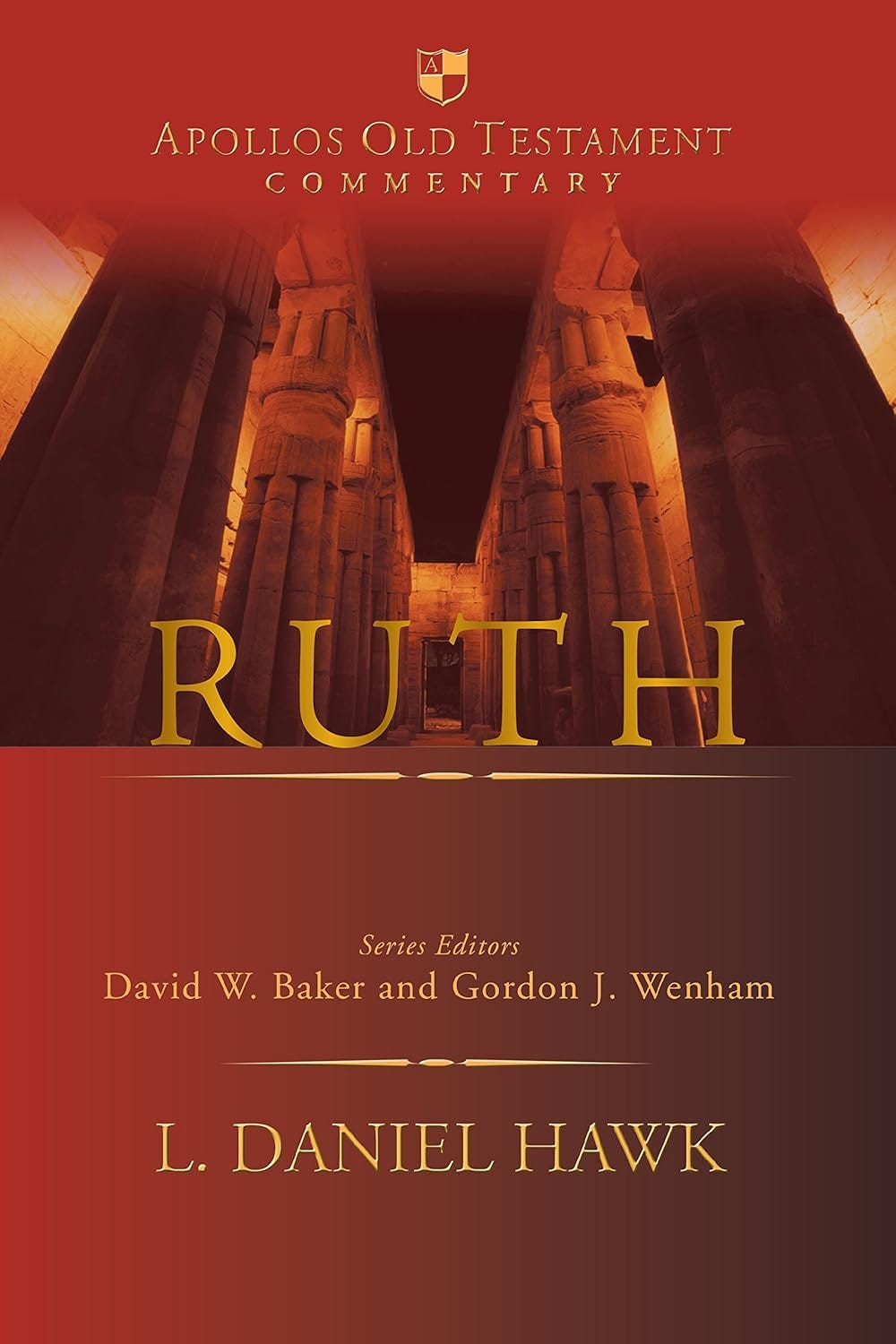

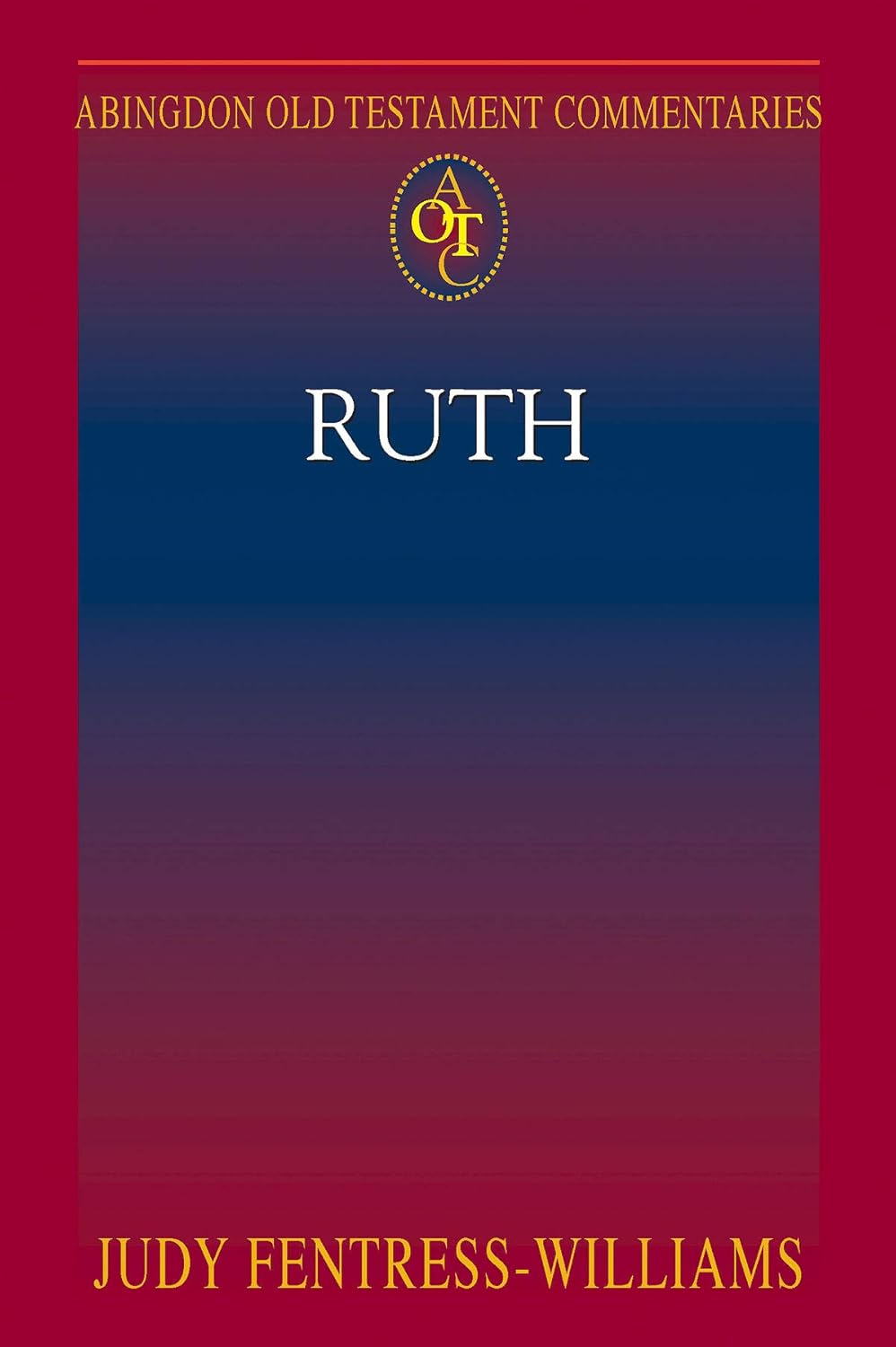
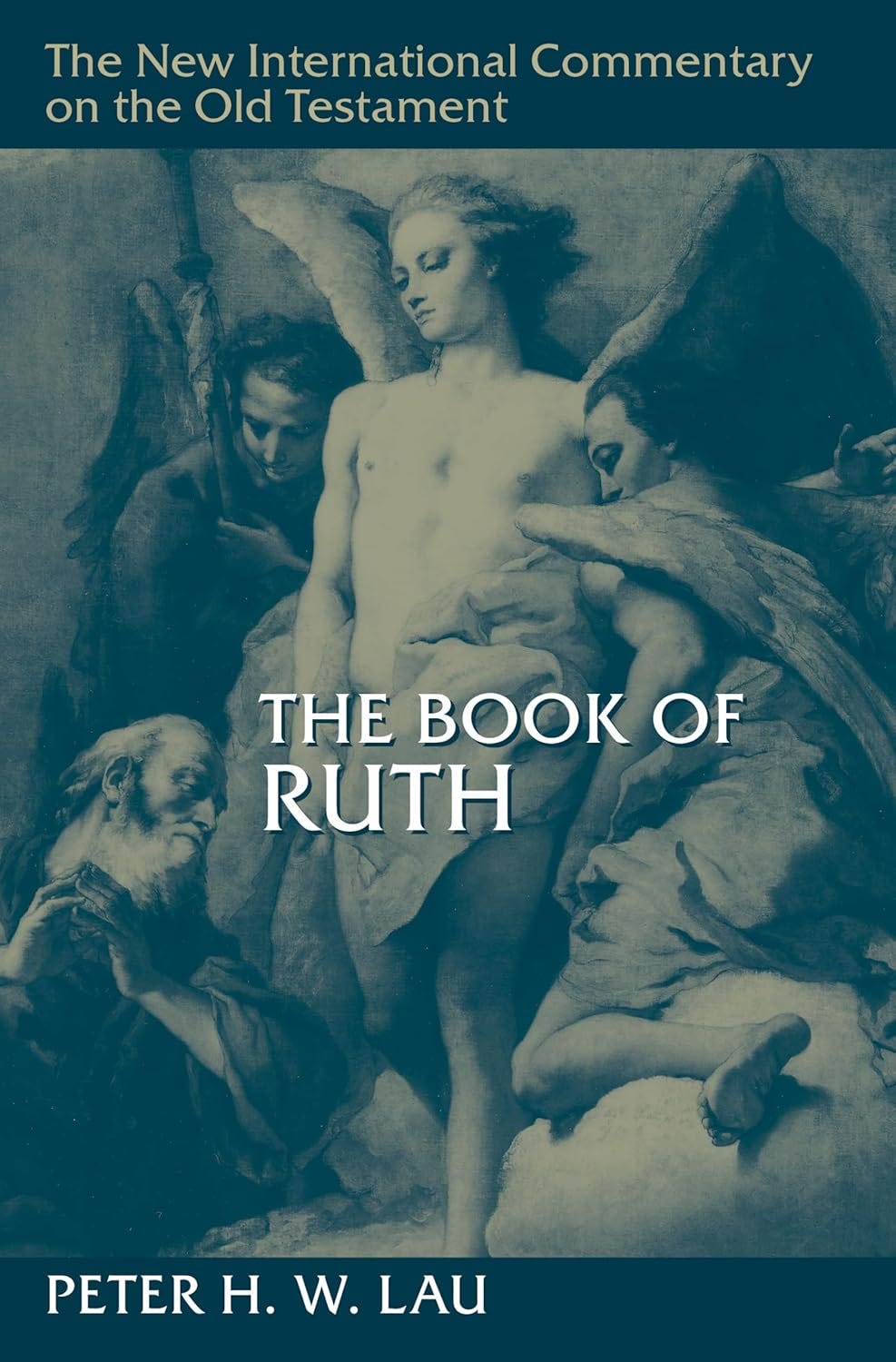
Thanks for picking up this series again. Ruth is a favorite of mine.